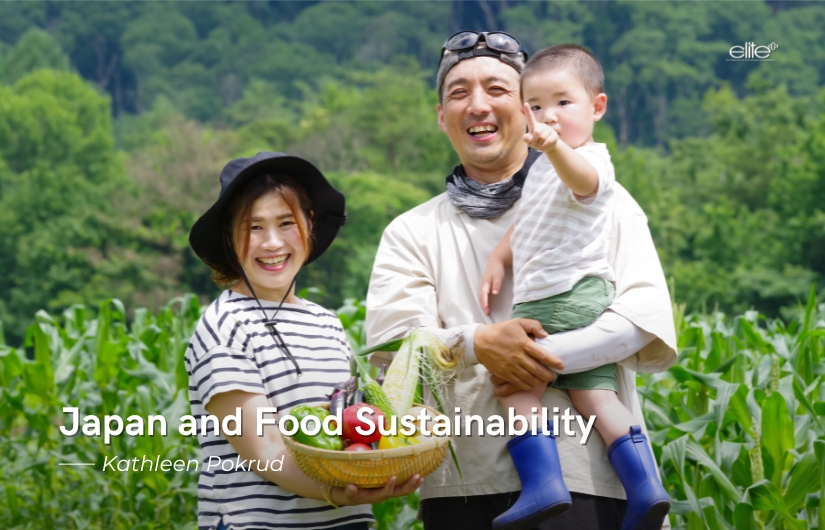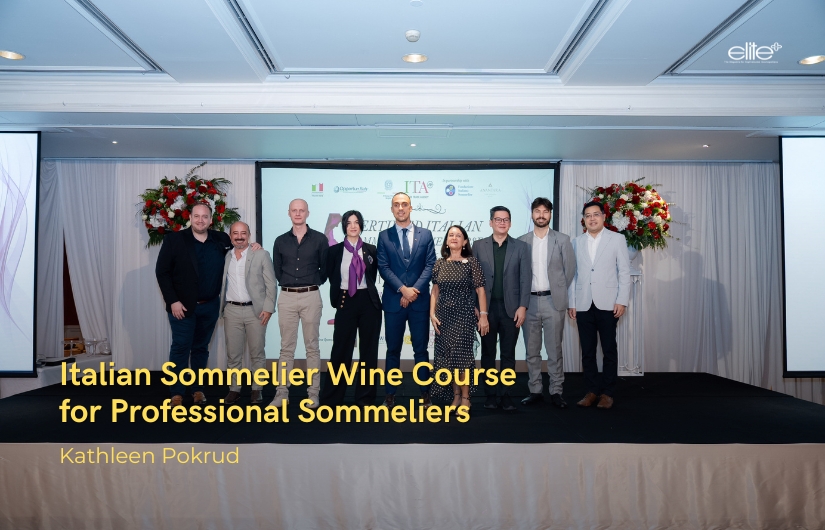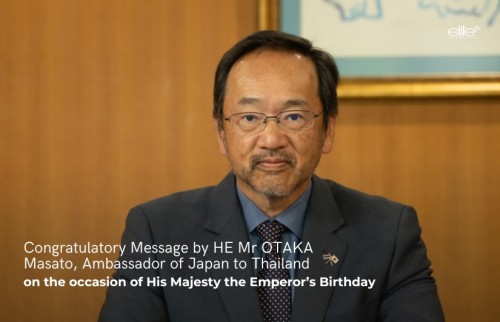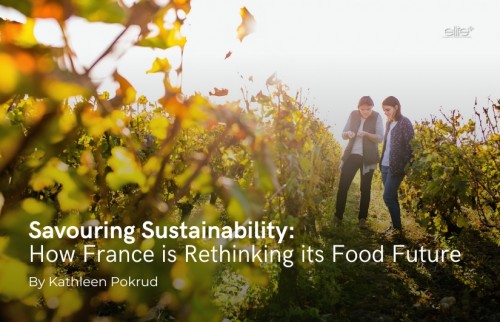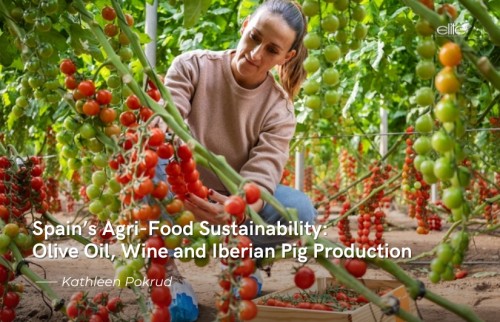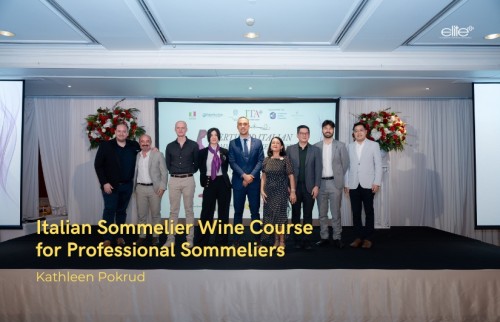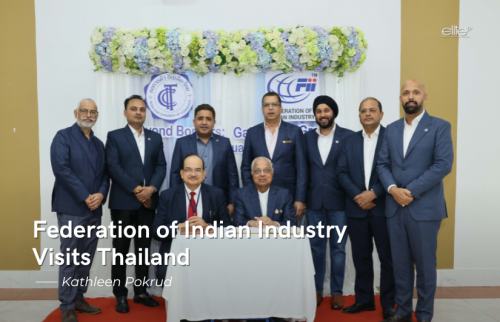Japan and Food Sustainability
By Kathleen Pokrud
Photo courtesy of The Embassy of Japan
Japan’s approach to food sustainability is multifaceted, blending traditional practices with modern innovations to address current environmental, economic and social challenges. This article delves into Japan’s work in food sustainability by interviewing HE Otaka Masato, the Ambassador of Japan to Thailand.
Ambassador Otaka began by saying the Government of Japan places strong emphasis on food sustainability, “Food security is one of the most important issues in Japan today. The recent surge in rice prices in the country has become a major topic of concern. While the government normally maintains a stockpile of one million tons of rice to ensure a stable supply, we saw a large-scale release of that reserve in 2025. People across the country are now paying close attention to rice price trends and the measures being taken to address them."
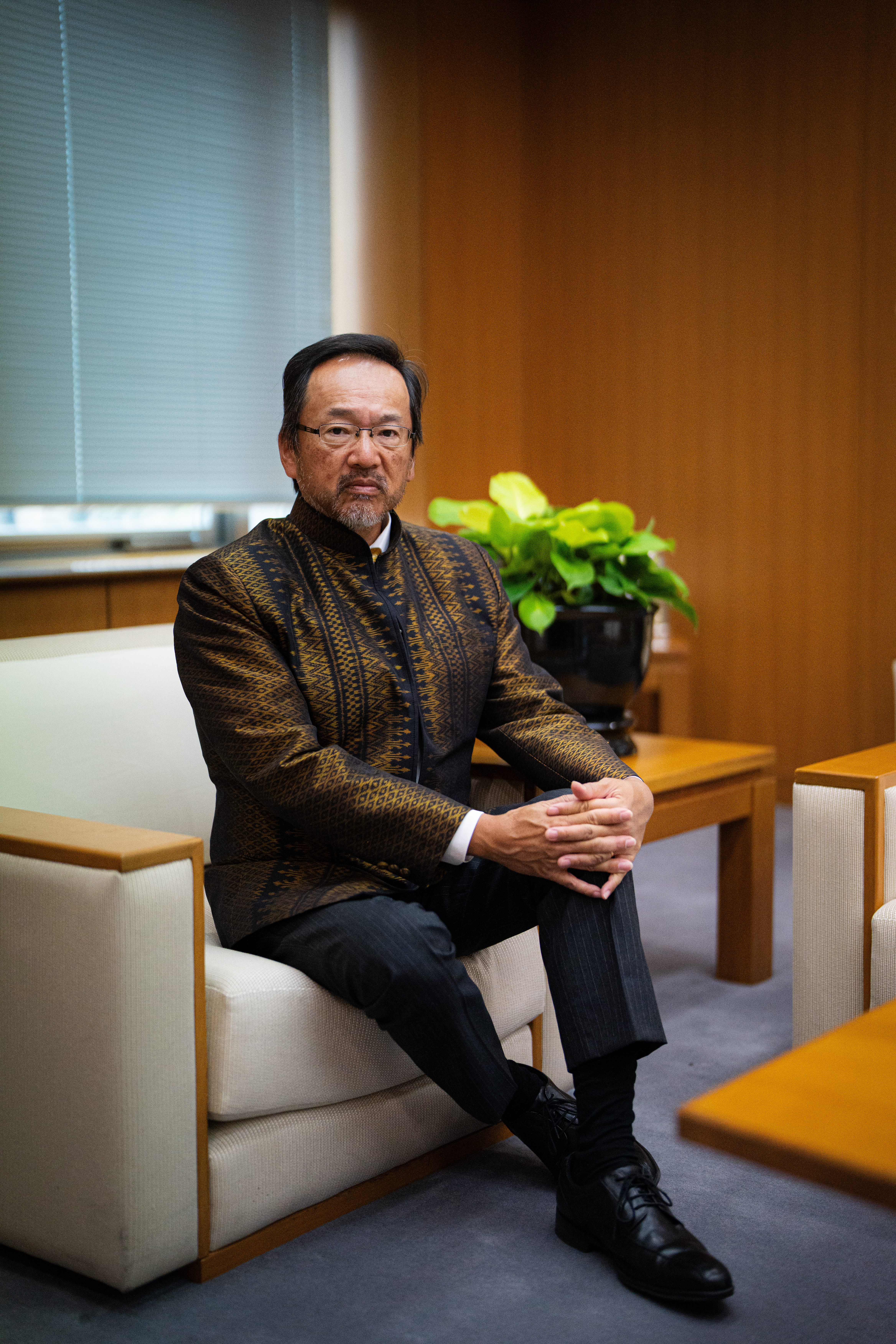
"Japan is also known for its delicious fruits—like apples, strawberries and grapes—but climate change is starting to cast a shadow over production. We're hearing more and more concerns about declining yields and shifts in suitable growing regions. It's becoming a serious issue for farmers and consumers alike.
Looking at domestic issues, the problems of population decline and aging are becoming more serious in the agricultural sector. When we look at the age structure of farmers in Japan, about 60% are aged 70 or older, which is an unbelievable situation compared to other countries. This is leading to major concerns about our ability to sustain food supply. These issues of aging and population decline are not only problems in Japan, but are expected to become apparent worldwide, including in Thailand, in the future”
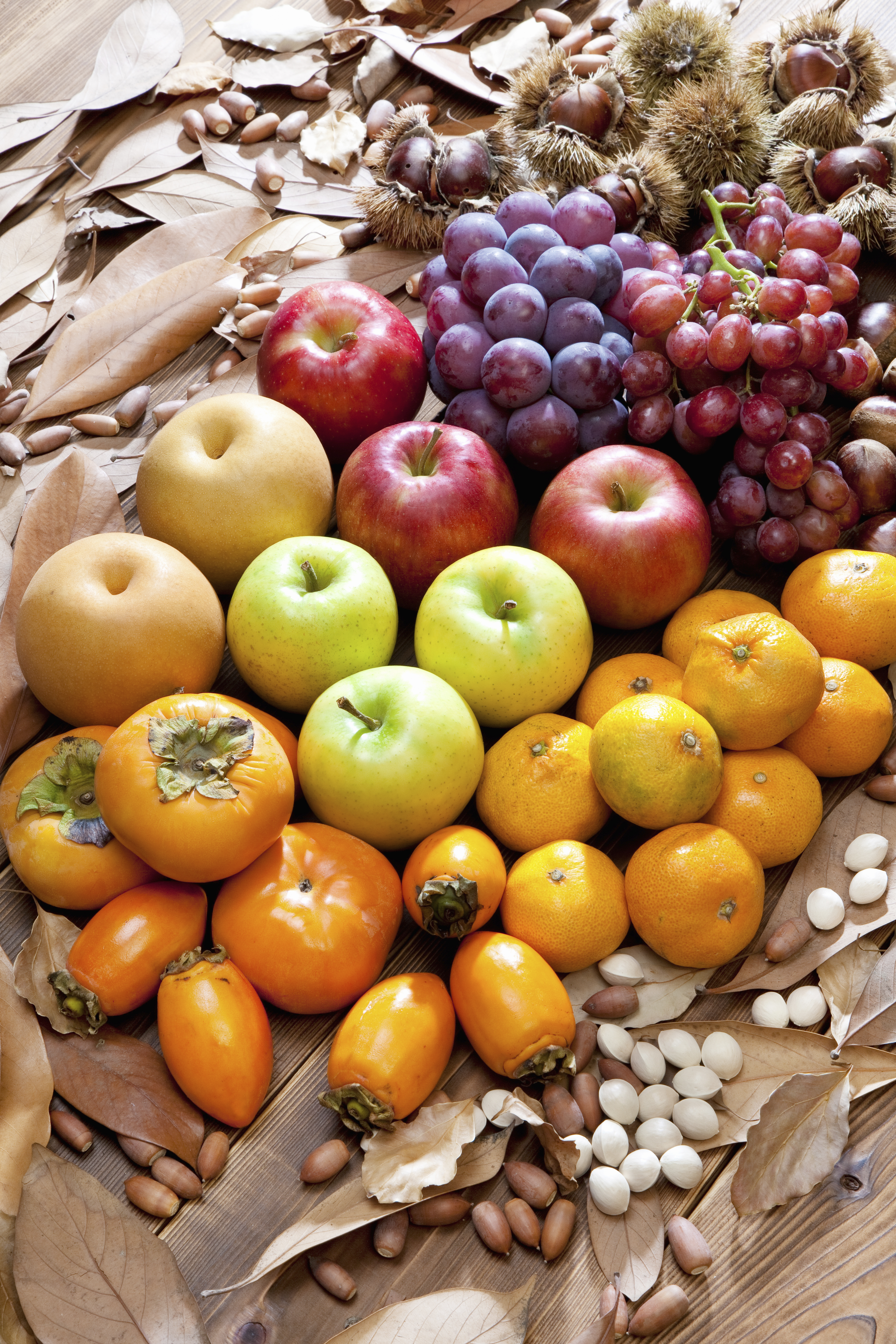
Like many countries, Japan also faces many challenges in terms of eco-friendly food practices or regenerative agriculture. Ambassador Otaka elaborated, “Sustainability is a field in which Japan is particularly focused. The Japanese government has set a goal of achieving carbon neutrality by 2050, and in the agricultural sector, it is necessary to reduce chemical fertilizers and expand organic farming in the future. It is important to address various policy issues simultaneously such as food security, improving farmers' incomes and reducing greenhouse gases. Simply pursuing one goal does not constitute sustainability.
“Furthermore, it is necessary to promote efforts not only in primary industries but also throughout the entire food supply chain, including distribution, retail and the food service industry. The government needs to ensure that consumers understand the efforts of various stakeholders involved in food and encourage changes in consumer behavior.”
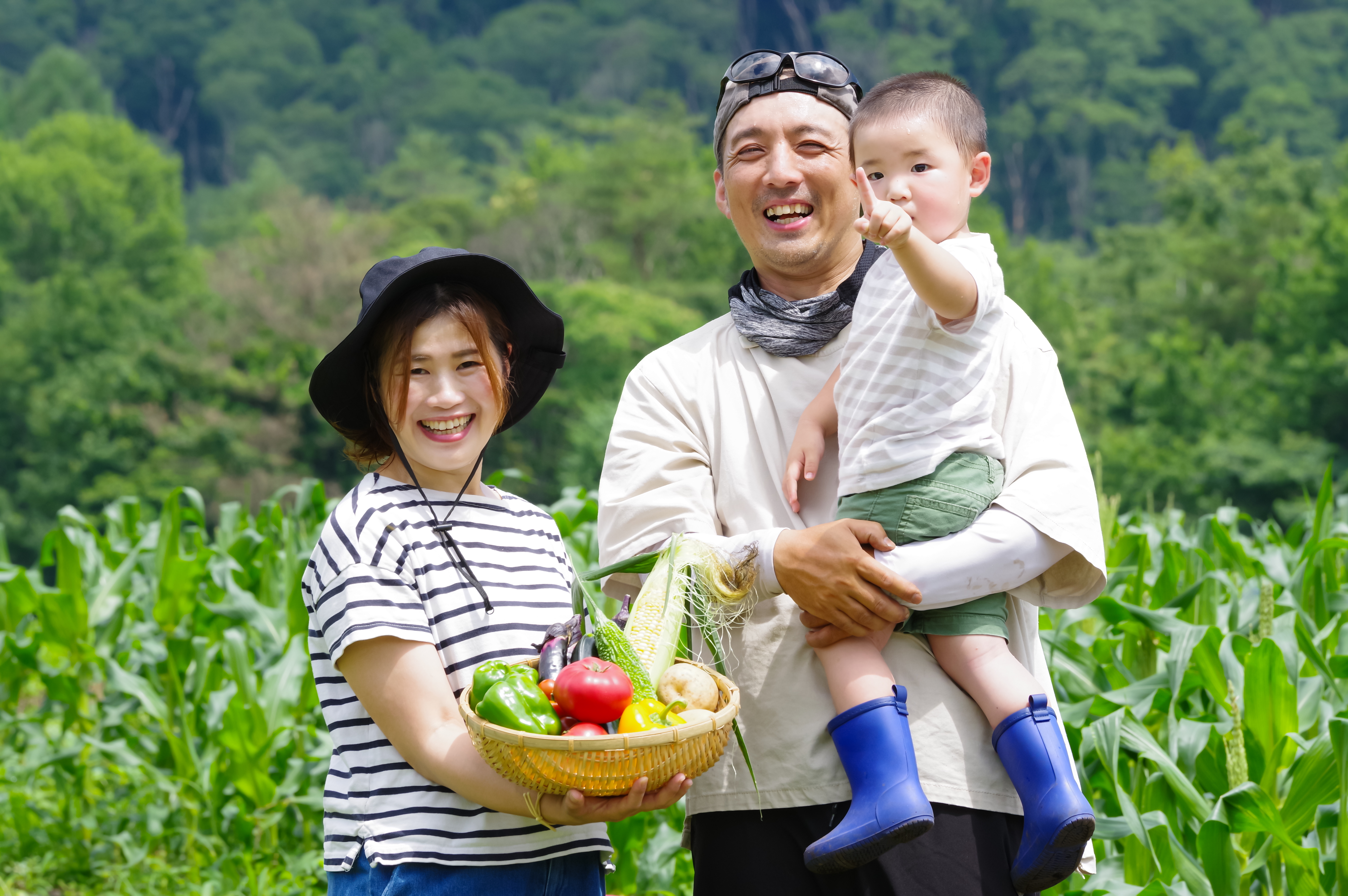
The Japanese government has implemented many strategies to promote food sustainability. The Ambassador said, “One good example is the "Midori Strategy" to build a sustainable food and agricultural system. ‘Midori’ means green in Japanese, and this initiative aims to improve productivity in agriculture and the food industry while considering sustainability. The key to this strategy is innovation and through innovation, we are collaborating to address various agricultural challenges faced by different countries.
“In Japan, the use of ‘biochar’ is being actively promoted. Agricultural residues that were previously incinerated or discarded are now being converted into charcoal and applied to farmland soil. This practice is expected to bring multiple benefits such as carbon credits through the reduction of greenhouse gas emissions and the improvement of agricultural productivity through enhanced soil quality. In Thailand, farmland burning has become a significant social issue, making it essential to develop feasible and lasting solutions. The Thai government has increasingly shown interest in the use of biochar, and we hope to strengthen international cooperation in this field to address global challenges together.
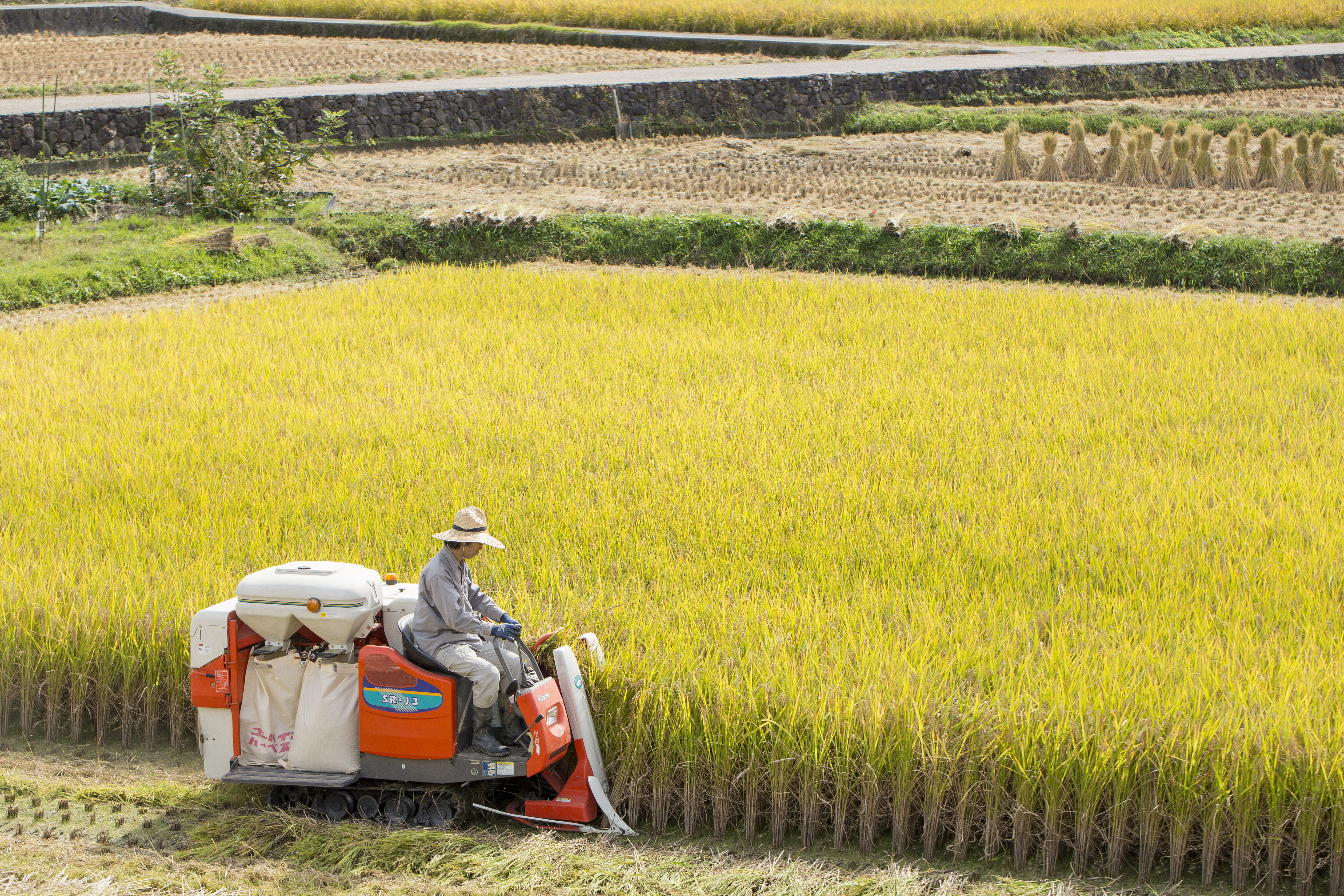
“JICA (Japan International Cooperation Agency) is also focusing on projects aimed at achieving sustainability. In Thailand, JICA is working on a collaborative research project that focuses on the aquatic plant duckweed. Duckweed has long grown in Thailand's freshwater. It can also be cultivated using wastewater as a natural fertilizer, which enables environmentally friendly cultivation without relying on chemical fertilizers. Due to its rapid growth rate, duckweed is expected to be used as a biomass resource for biofuels and bioplastic products. Additionally, duckweed has a long history of being used as food, rich in protein, vitamins and minerals, and it holds potential as a nutritious health food. Products made from duckweed can be purchased in supermarkets in Thailand.
“Currently, JICA is conducting research in collaboration with universities and government agencies in Thailand to further develop and utilize the potential of duckweed.”
At the end-users level, Ambassador Otaka further explained that Japanese consumers can learn about the story behind each agricultural product. “Labeling is an effective way to help people understand the background of agricultural and food products. For example, in Japan, there is a system called JAS (Japanese Agricultural Standards) that allows consumers to understand the efforts of producers. JAS is a mark that can only be used by products and businesses that meet standards set by the government. There are various types of JAS, including those related to sustainable food. Companies can promote their efforts, and consumers can use the JAS mark as a guide when purchasing products. Indeed, the first overseas soy sauce factory that was certified under the JAS (Japanese Agricultural Standards) system is the factory of a Japanese-affiliated company in Thailand, Yamamori (Thailand), which has been operating a soy sauce factory in the country for many years.”
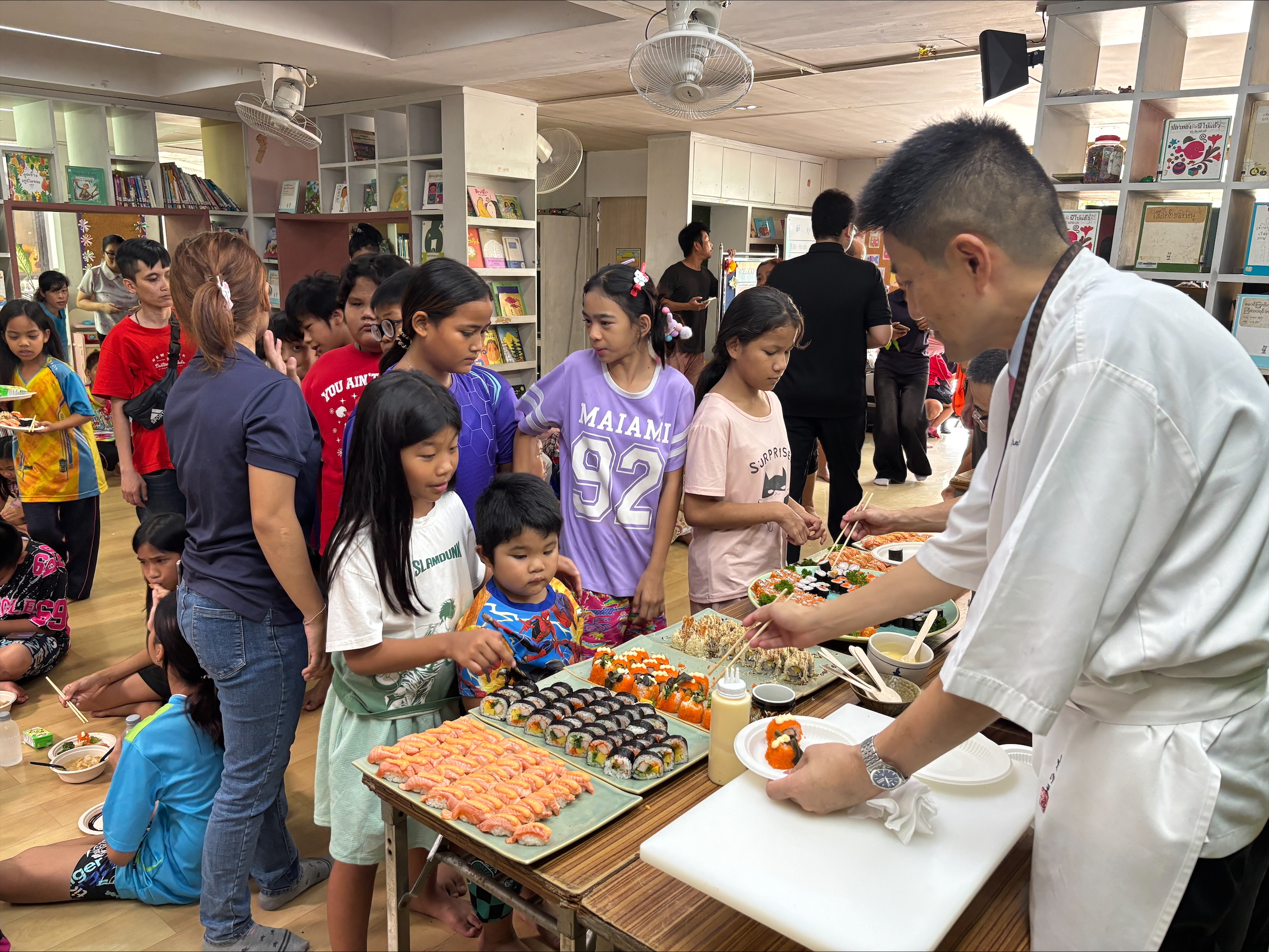
Ambassador Otaka commented that there are regional or grassroot levels to achieve food sustainability. “There are many Japanese restaurants in Thailand, and many excellent Japanese chefs have come to Thailand. Among them, there are many who wish to contribute to society in Thailand through food, beyond their regular work. Recently, these Japanese chefs gathered to hold a charity event in Bangkok. The guests enjoyed Japanese cuisine, and the proceeds from the event were donated to Thai charitable organizations. I believe this is a grassroots example of creating a sustainable food cycle through Japanese cuisine.
“Many Japanese food companies are making significant efforts to advance sustainability, while some individuals are personally supporting highland communities in Thailand. There are far too many inspiring stories to mention, but the Japanese Embassy in Thailand proudly supports all such efforts that contribute to a more sustainable society.”
In “Global Culinary Stories”, Japanese Okinawa Cuisine was explored. (https://www.eliteplusmagazine.com/Article/926/Japanese_Okinawa_Cuisine).


